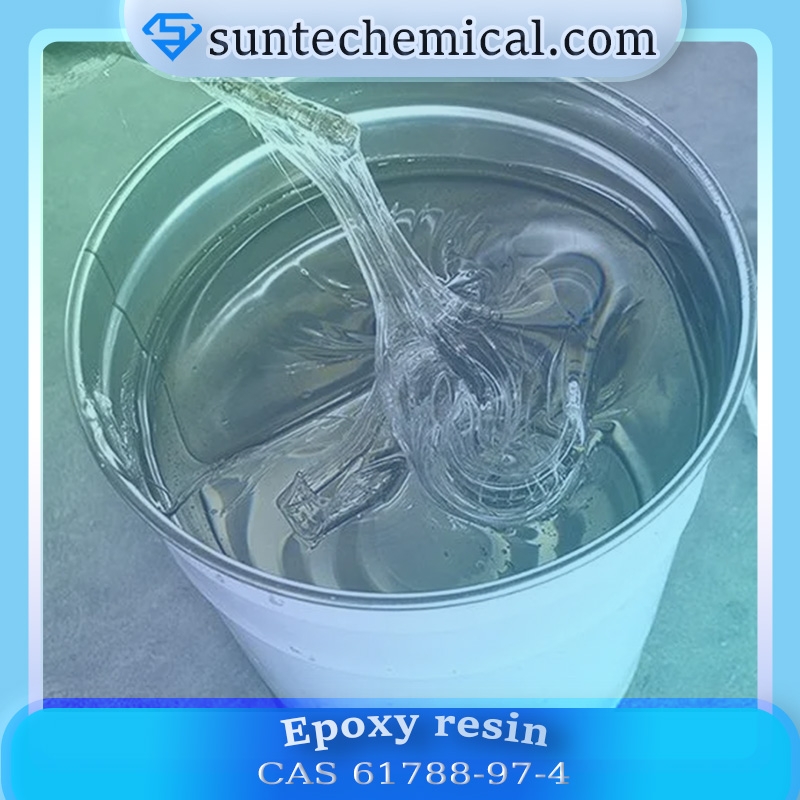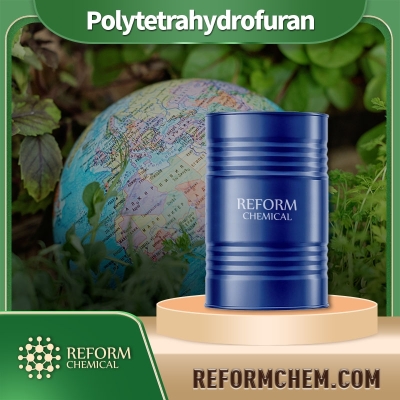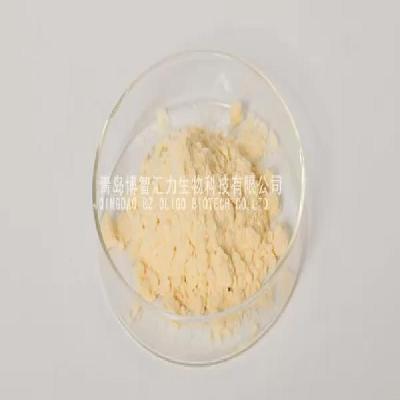-
Categories
-
Pharmaceutical Intermediates
-
Active Pharmaceutical Ingredients
-
Food Additives
- Industrial Coatings
- Agrochemicals
- Dyes and Pigments
- Surfactant
- Flavors and Fragrances
- Chemical Reagents
- Catalyst and Auxiliary
- Natural Products
- Inorganic Chemistry
-
Organic Chemistry
-
Biochemical Engineering
- Analytical Chemistry
-
Cosmetic Ingredient
- Water Treatment Chemical
-
Pharmaceutical Intermediates
Promotion
ECHEMI Mall
Wholesale
Weekly Price
Exhibition
News
-
Trade Service
Recently, researchers from the Institute of Precision Measurement Science and Technology Innovation of the Chinese Academy of Sciences and Cardiff University in the United Kingdom have made important progress in the research on selective oxidation of methane
.
The research team developed a gold (Au) supported ZSM-5 molecular sieve (Au/ZSM-5) catalyst to realize the catalytic reaction process of catalyzing the highly selective oxidation of methane to methanol and acetic acid under oxygen conditions.
As the cleanest and most abundant natural carbon resource, methane is distributed in natural gas, shale gas, coalbed methane, methane hydrate, etc.
, and can be used as an important C1 resource for the production of high-value chemicals
.
Due to the remoteness of methane storage areas, the conversion of methane into transportable oxygenates (methanol, formic acid, acetic acid, etc.
However, due to the large CH bond energy of methane, harsh conditions (high temperature and high pressure) are usually required to convert it.
For example, the indirect conversion process with high energy consumption in industry first converts methane into syngas, and then converts it into high value-added product
.
The direct partial oxidation of methane to high value-added chemicals has been pursued, and due to the more reactive nature of the resulting oxygenates than methane, they are often more susceptible to over-oxidation to by-products such as carbon dioxide
In response to the above problems, the researchers developed the Au/ZSM-5 catalyst with nanoparticle Au as the oxidation center
.
The catalyst can realize the selective oxidation of methane to methanol and acetic acid under the condition of 120 ° C ~ 240 ° C under the condition of no co-reducing agent (hydrogen or carbon monoxide)







